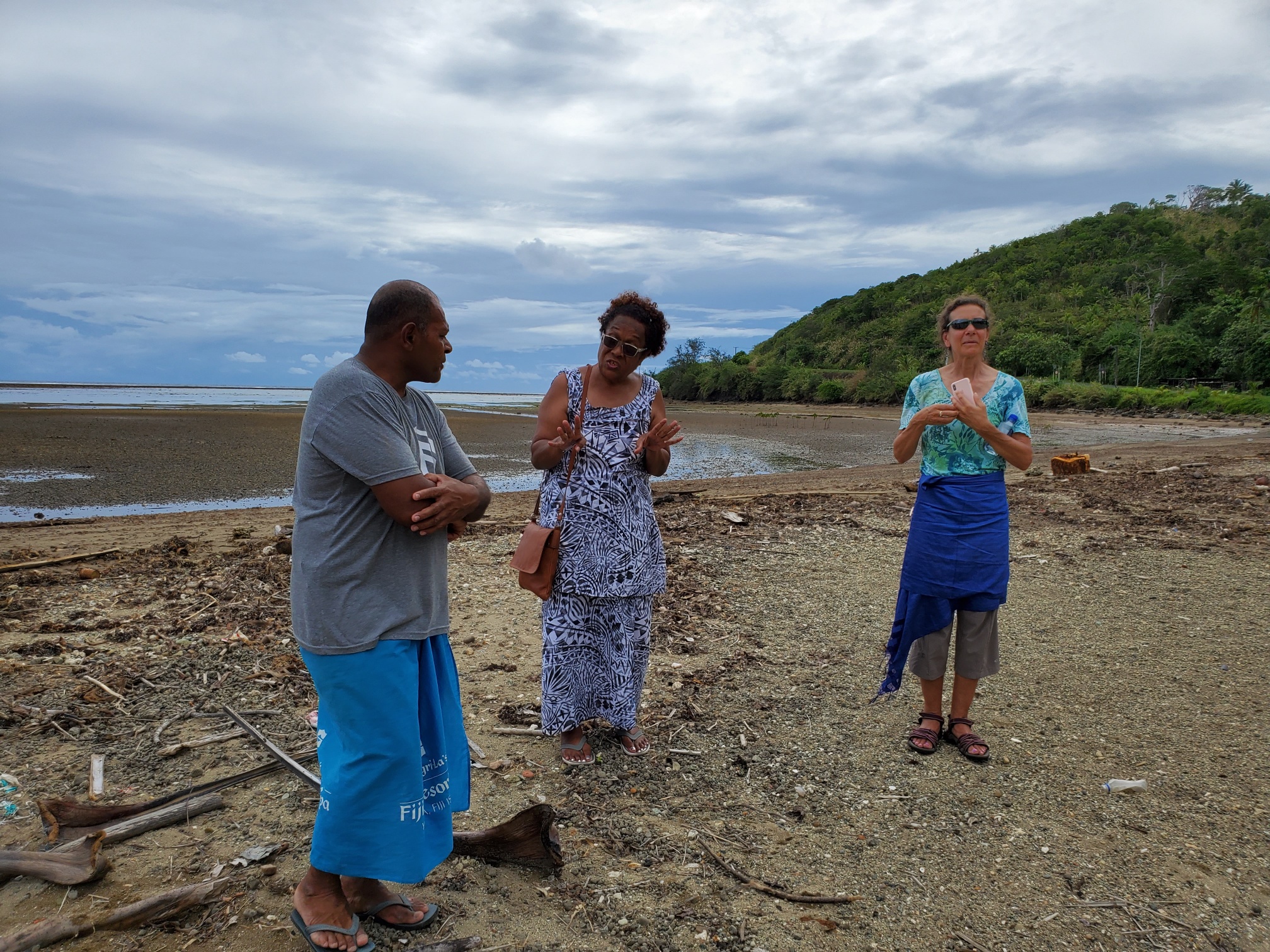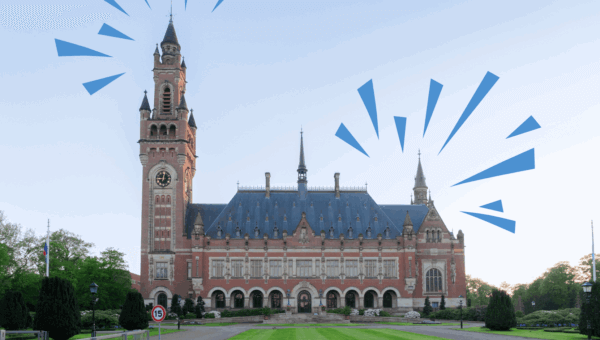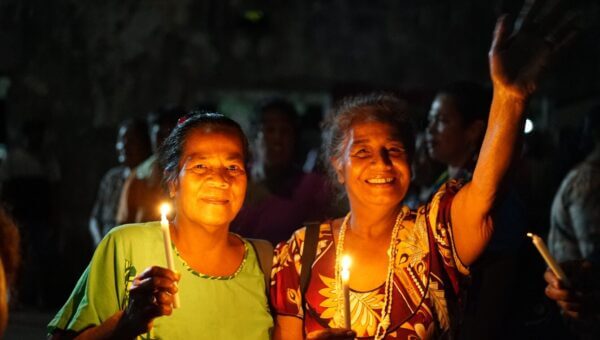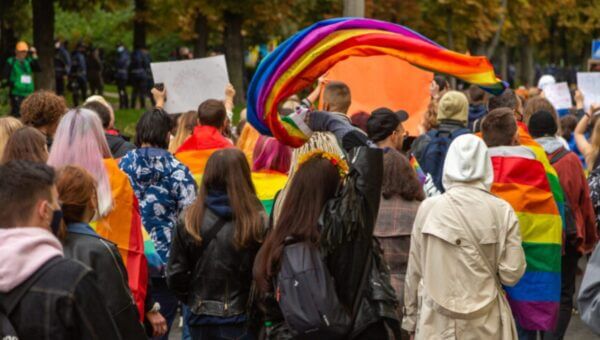The ongoing climate crisis produced at the hands of wealthy industrial nations continues to destroy our planet in irreparable ways. In the field of climate justice, we refer to this destruction as loss and damage.
As the name suggests, loss and damage describes the land, languages, cultures, sacred spaces, homes, and more that are lost or severely damaged due to climate change. These losses amount to more than a given community can adapt or respond to and thus threaten the very existence of communities, cultures, and entire countries.
UUSC works with local civil society organizations around the world to address the effects of loss and damage through mitigation, adaptation, and preservation. The work of UUSC’s partners in response to climate-induced loss and damage is so critical that the government of a major nation approached UUSC to forge a relationship that will guide its own approach to loss and damage response.
Here is a snapshot of some of the work partners are doing to contend with the effects of loss and damage in their communities:
Pacific Islands
The Pacific Islands are one of the regions of the world most extremely impacted by the climate crisis. The region, made up primarily of small island states (SIS), contends with rising sea levels and disastrous storms that reduce access to potable water, flood homes and communities, and salinate soil necessary for farming. Moreover, the coral reefs home to the fish upon which the people of the Pacific rely are being destroyed as global sea waters warm and acidify. The crisis is reaching such a point that the nation of Tuvalu is preparing to be nonexistent within decades as it will be underwater.
In response, organizations like the Kioa Island Community Organization (KICO), Tuvalu Climate Action Network (TuCAN), Pacific Island Climate Action Network (PICAN), Pacific Climate Warriors, and others work with their communities to mitigate, adapt to, and address the effects of loss and damage. For example, TuCAN is working closely with community members, government leaders, and other stakeholders to develop solutions and policies that protect the people of Tuvalu who are experiencing climate-forced displacement. In Fiji, Pacific Climate Warriors is working with the community to document and share the stories and cultures of Fijians while also redefining themselves from victims of climate change to guardians and protectors of the islands fighting for climate justice.
Each of these organizations works in community with other Pacific Island climate justice organizations to find sustainable solutions to issues of loss and damage.
Latin America and The Caribbean
Latin America and the Caribbean (LAC) also sit at the forefront of climate-induced loss and damage. In this region, drought, flooding, and intense hurricanes threaten the safety and culture of the communities who live there. These events have disastrous effects on access to clean drinking water, housing stability, crop success, and the general health and wellbeing of residents.
Currently, UUSC partners with organizations like Equality Bahamas, Asociación Pop N’oj, Fundación Entre Mujeres, and more who are confronting the climate crisis. For example, Equality Bahamas works at the intersection of gender equity and climate justice by engaging with environmental organizations in the country and beyond, hosting educational events, and designing advocacy campaigns that are rooted in human rights and feminism. Similarly, Fundación Entre Mujeres (FEM), located in Nicaragua, is an organization made up of Nicaraguan women farmers who develop programming that supports women’s education, soil recuperation, and traditional agricultural methods. Lastly, Asociación Pop No’j, a collective of human rights actors, supports migrating individuals who have returned to their Mayan communities in Guatemala. The organization recognizes the intersection of migration and climate change and has produced multiple written pieces exploring the connections.
The United States
Within the United States, loss and damage is also a looming threat—especially for individuals living in coastal, Indigenous, and global majority communities. Storms, droughts, and rising sea levels flood homes and salinate soil and freshwater systems, destroying biodiversity and food and clean water sources.
UUSC partners with climate justice organizations throughout the country to advocate, mitigate, and resist climate-induced loss and damage in the face of racist, colonial, and other oppressive systems. For example, UUSC partners with the Lowlander Center, an organization made up of Louisiana coastal communities working to secure a land trust to protect the Grand Bayou area. On the other side of the country, UUSC partners with Alaska Institute for Justice, an organization that connects and supports Alaska Native groups to resist oppressive systems that amplify the effects of loss and damage.
Around the World
UUSC also partners with global groups like the Loss and Damage Youth Coalition (LDYC), based in London, which builds a global youth partnership that drives action on addressing loss and damage. LDYC is made up of 300 members from over 40 countries throughout the world.
UUSC’s diversity of partnerships allows it to have a global impact on the climate crisis. Its partnerships are rooted in radical trust in the communities most impacted by climate change. As we move toward a world of climate justice, we take pride in our partnerships and the vital work of grassroots organizations to not only call attention to the impacts of loss and damage, but for the innovative solutions these organizations bring forth to construct a better tomorrow.
Image Credit: UUSC




